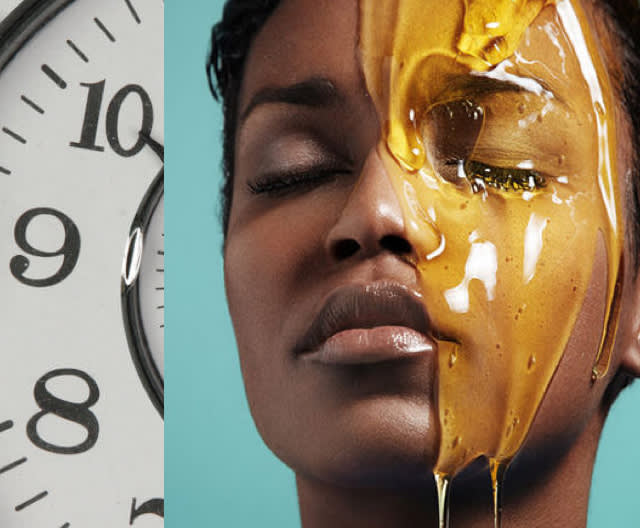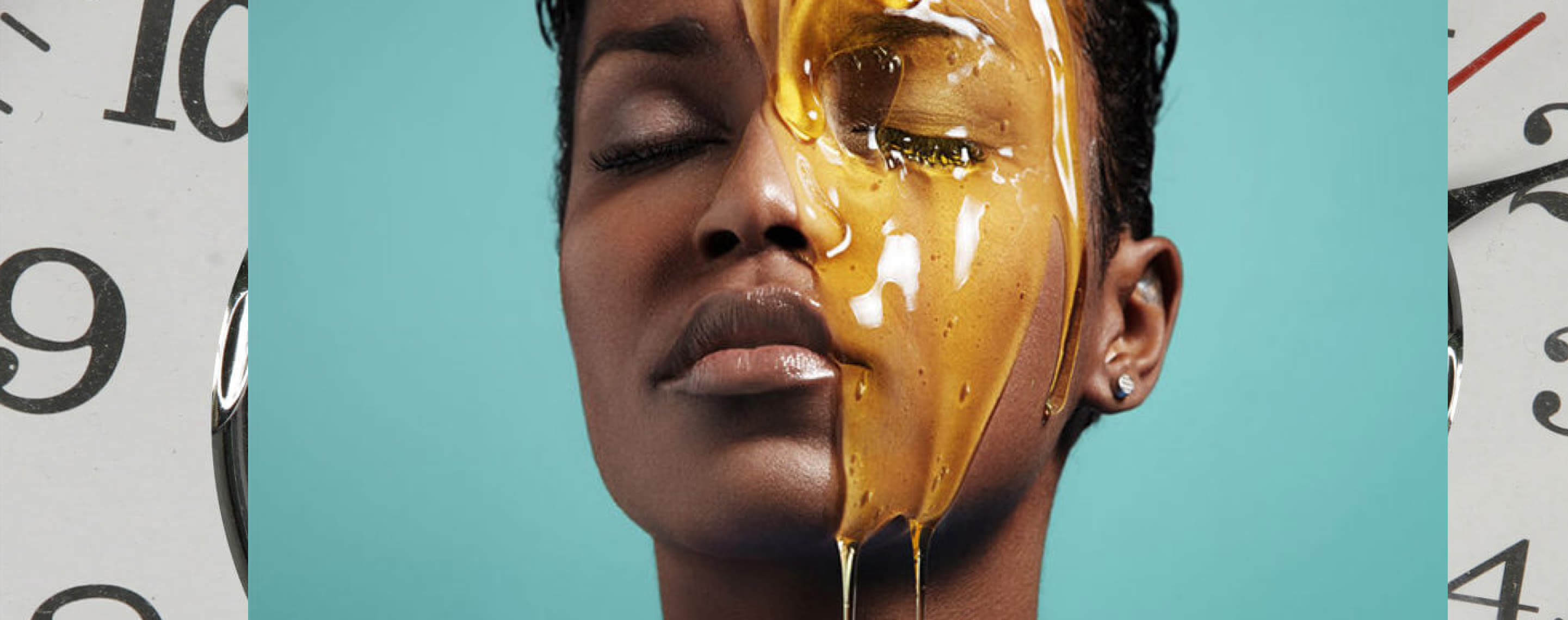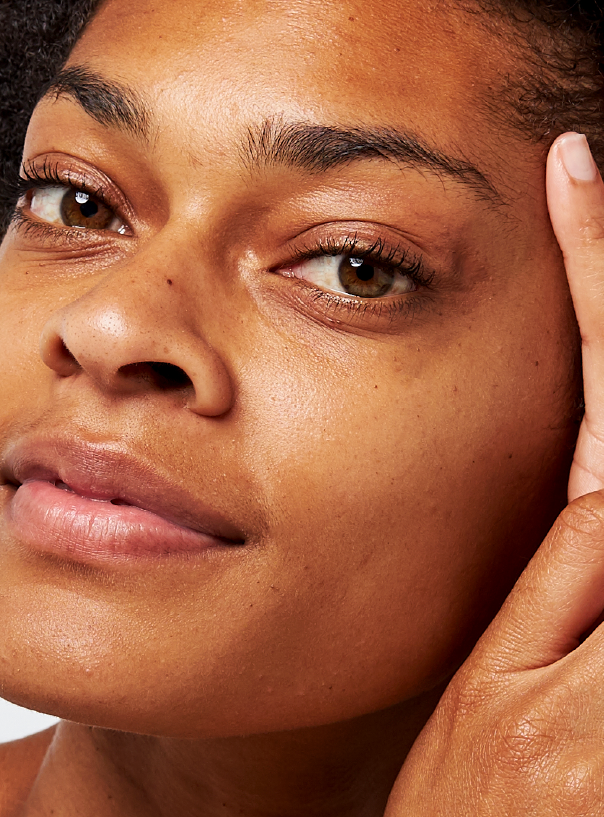Deep Dives
Can Your Skin Really “Get Used To” Skincare?


SHARE
Deep Dives
Can Your Skin Really “Get Used To” Skincare?
Medically reviewed by Aimee Paik, MD
Written by Daley Quinn
Last updated 4/1/2022
Have you ever started using a powerful acne-fighting or wrinkle-reducing skincare product, and after a few months, convinced yourself that it’s no longer working? The debate around whether your skin can really “get used to” your daily skincare routine has been a hot topic as of late, but Dr. Aimee Paik, a board-certified dermatologist and Medical Director of Apostrophe, is here to bust this myth, once and for all.
According to Dr. Paik, your skin probably won’t get used to the skincare products you’re applying every day and just stop working overtime. “There are so many factors that play a role in your skin’s health, including sleep, stress, diet, and hormonal fluctuations, just to name a few,” says Dr. Paik. “The effect of these influences are often delayed by weeks to months, so natural fluctuations in acne are often misinterpreted.” Meaning, that new pimple that popped up on your chin overnight wasn’t because your acne-fighting serum stopped working—it could have been caused by any of the other internal or external factors that contribute to acne.
Skincare products won’t stop doing their job over time, but there are some ingredients that might look like they’ve stopped working, including retinoids. “Retinoids continue to be effective as long as they are being used—there is often an adjustment period in the beginning that can last up to 10 weeks where your skin may become dry and slightly irritated,” says Dr. Paik. “Your skin will usually adjust over time and this phase will resolve. A higher strength may be needed to control your acne and you may have to go through this adjustment process again.”
Just because your retinoid may not be drying out your skin like it once did, doesn’t mean it has stopped working. “Some patients think that the medication is only strong enough if they develop dryness and peeling, which is not true,” explains Dr. Paik. When you start to see no dryness and peeling after a few months of using a retinoid, it’s not the case that it’s no longer working—it’s just that your skin is becoming more tolerant of the ingredient.
“Retinoids work at the cellular level to improve your skin’s health—we want to avoid irritation whenever possible and starting at a lower dose is generally advisable,” says Dr. Paik. “Retinoids can improve acne within a matter of months, but it takes 6-24 months to see improvement in fine lines and atrophic scars, as collagen is built up slowly over time.” Additionally, it’s important to note that higher strengths of retinoids do not produce greater anti-aging benefits, but will be more effective against acne, according to Dr. Paik.
If your skincare routine is working for you, there’s no need to change it up down the line, for fear of it no longer working.“I think it’s a good idea to stick with products that work for you,” explains Dr. Paik. “Trendy products often come and go in the skincare world, but can cause irritation along the way.”
When choosing between over-the-counter or prescription-strength products to fight acne or aging, Dr. Paik is a fan of the latter category. “Over-the-counter cosmeceuticals do not have to prove they work before coming to market and their benefit is often minimal and mainly associated with skin hydration,” says Dr. Paik. “Prescription ingredients will be more effective because they have to prove they work in clinical studies before approval. There is no benefit to switching up your skincare routine if your skin’s health is well-supported by your current products.”
Like what you just read? Sign up for our email list to get the scoop on skincare science delivered straight to your inbox.

Deep Dives
A dermatologist shares his thoughts on the recent studies about benzoyl peroxide and benzene.
Read More
Education
What is milia?
What is milia? Today, we’re jumping into one type of bump that you may have heard about most commonly in infants — milia.
Read More
Education
Best moisturizer for acne-prone skin
If you have combination acne-prone skin, figuring out which moisturizer is best for your skin might be tough. In this guide, we break down the best moisturizer for combination, acne-prone skin.
Read More
